Strangers Press is a publishing project based at the University of East Anglia, specialising in sets of strikingly designed chapbooks, with stories in translation. Their latest project is ká-sióng, a collection of five tales from Taiwan. They kindly sent me a set for review, and in this post I’m looking at the first three.
‘Not Your Child’ by Lâu Tsí-û
Translated by Jenna Wang
Parliamentary assistant Yu-Jie is on the train, going to visit her niece, when her leave is interrupted. A speech given by her MP following an assault on a young girl – a speech that Yu-Jie wrote – has been taken out of context and gone viral, the MP now seeming callous and out of touch. People ask what right she has to comment when she’s not a mother herself.
I have a soft spot for strong thematic parallels in stories, and there’s one here. Yu-Jie is taking that journey because she’s concerned about the welfare of her niece. She feels that she may even be more concerned than the girl’s own mother, and questions whether that’s right when this is not her child.
So, you have that personal quandary playing out with and against the professional scandal unfolding in wider society. Yu-Jie can’t really do anything about either situation while she’s on the train, so the ultimate sense for me is of the protagonist in her own bubble of reality, heading into an unknown future.
‘Cage’ by Qiu Miaojin
Translated by Shengchi Hsu
This tale begins with a character in a room with an open exit. What, it asks, is keeping this person from leaving? We then cut to the voice of Li Wen, who meets Ping when they are both about to jump off the same building. They talk each other out of it, and Li Wen goes on to become a successful journalist. Ping reappears in his life intermittently, happy to be alive while he’s alive also. She is an almost idealised hanger-on, someone Li Wen cares for deeply without allowing it to become love.
At the same time, Wen is haunted by “him”, a bedraggled and boorish figure who takes up space and brings out the worst in him: “Our co-dependence was toxic: we were each other’s plaything, like live targets in a dart match, the darts poisoned with repulsion.”
The question arises for the reader of whether this other figure is real: probably not, is my guess – I imagine him to be an embodiment of Li Wen’s worst attributes. This also raises the question of whether Ping is real: probably, although Li Web may be projecting his desires on to her.
One of the most powerful scenes in ‘Cage’ for me comes when all three characters – Li Wen, Ping and “him” – apparently occupy the same space, and one has to interpret what’s actually happening. The uncertainty over how much we’ve really seen of Li Wen electrifies the reading.
‘Mountain Rat’ by Lulyang Nomin
Translated by Yu Teng-Wei
Our protagonist is chopping at a tree knot when a mountain rat bites his ankle. He retreats to a bamboo hut reserved for members of his tribe to quarantine in times of plague. Instead of healing, though, he finds himself transmogrified into a hybrid rat-human creature. He also finds his consciousness being pushed out by a malevolent spirit.
This is a splendidly disturbing story. The sense of horror escalates as the protagonist tries to shake off the spirit’s hold, but it’s coupled with a nagging sense of allure. The protagonist recalls a tale his grandfather told him, about a young man who turned into a monkey and decided he preferred to live that way. Perhaps, for this protagonist, there is something to be said for life as a rat. That tension underpins ‘Mountain Rat’ right up to the final page.




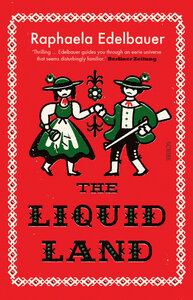

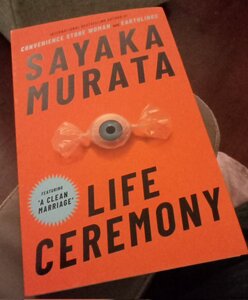
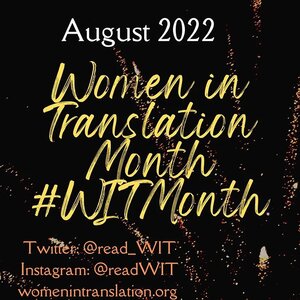
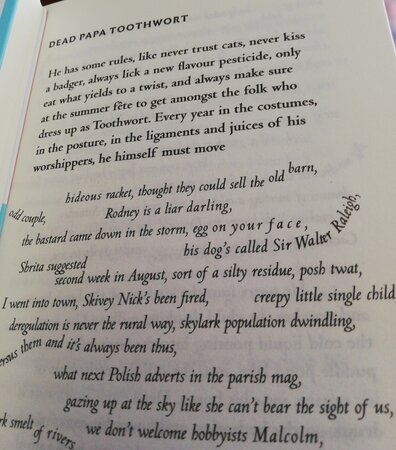
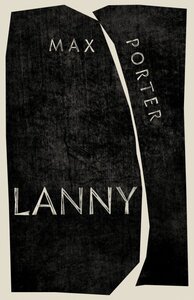

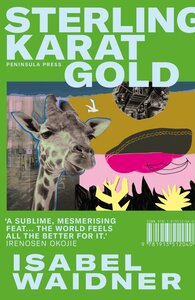
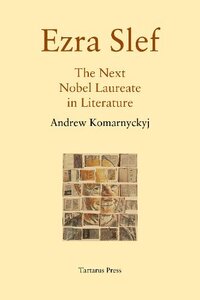
Recent Comments